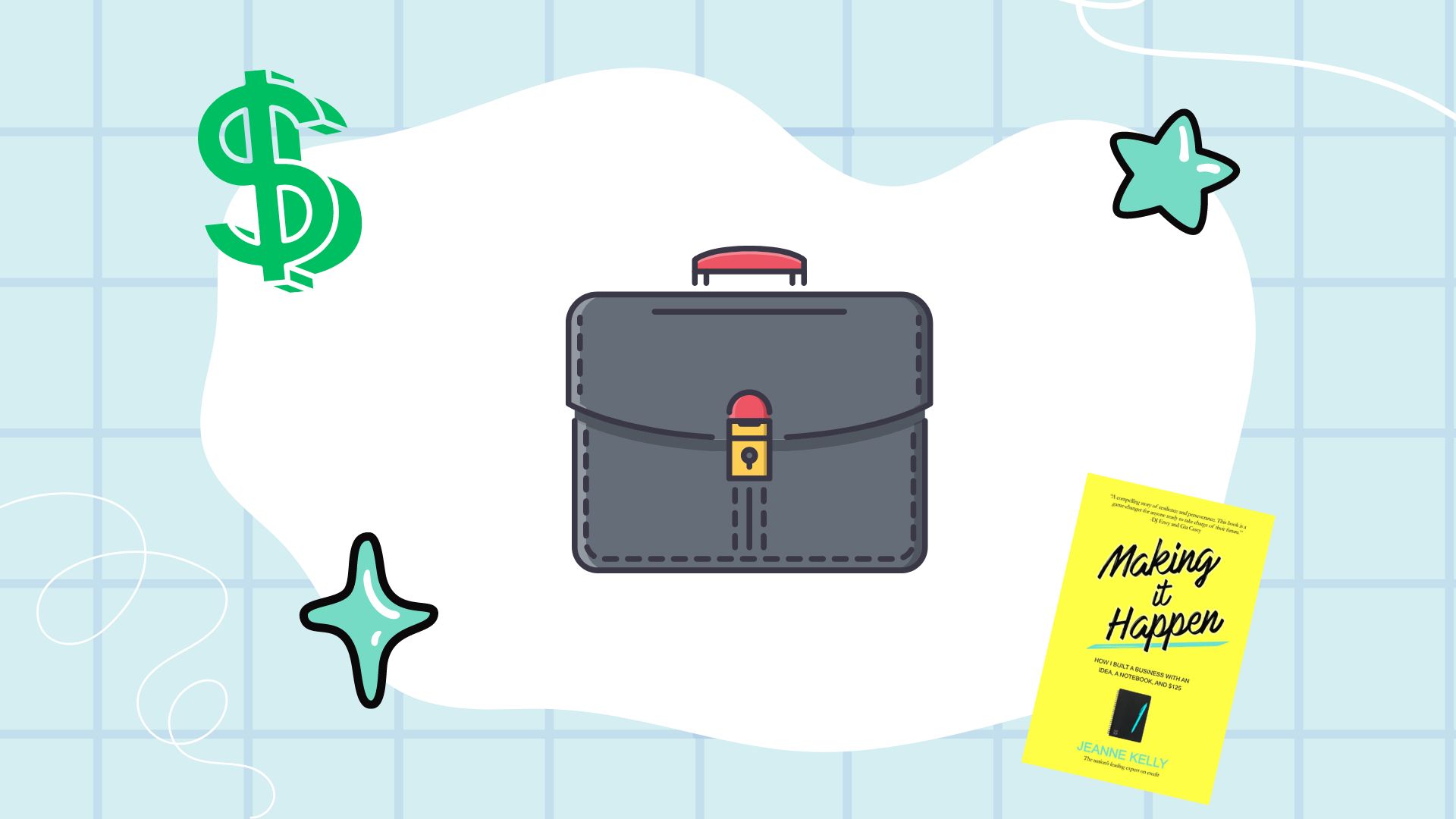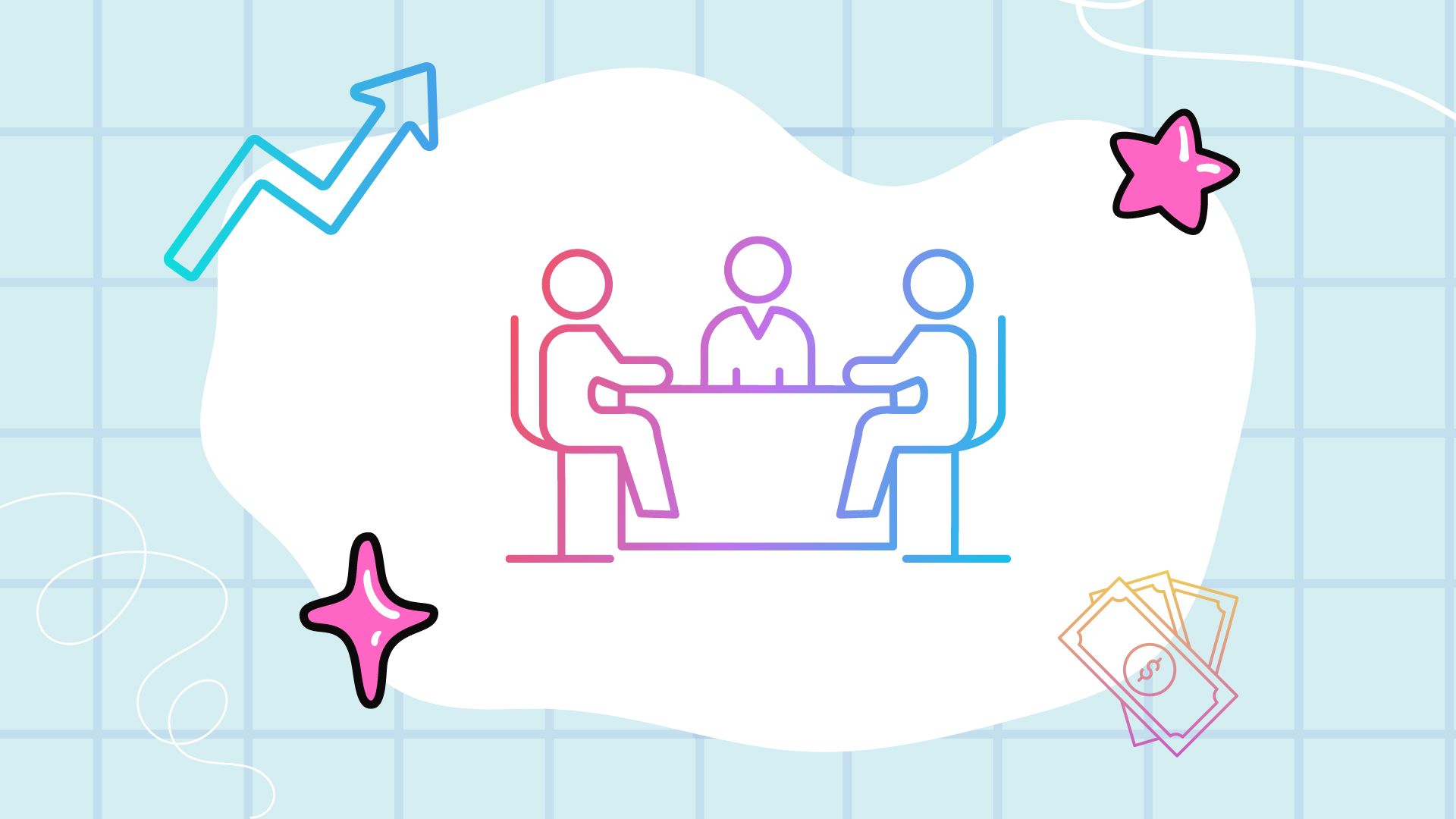More than 82 million people in America own their own homes. Buying your own home is exciting and can provide valuable long-term financial security. However, this also requires some serious financial planning.
The majority of people in America cannot afford a home on their own and this is where taking out a mortgage can help. In fact, 62% of American homeowners have this kind of loan. Whether you are trying to secure a loan for a home purchase or to buy a new car, your credit score will affect how much you can borrow.
So is 500 a good credit score, and how will this affect your borrowing power? If you want to take out a loan, getting to grips with your credit score is the first thing you should do.
In that case, you’re in the right place. Read on to find out everything you need to know about managing a credit score of 500.
What is a Credit Score?
Your credit score is part of your financial record. So the majority of adults in America have a credit score. This is a score that you start building as you take on more financial responsibility, such as paying your phone bill or rent.
Your score reflects how well you have managed your financial commitments over the years.
You can find out your credit score quickly and easily for free. Websites, such as Experian and Annual Credit Report, will provide your score in a matter of minutes.
Lenders also use your credit reports. Because of this, your credit score can vary slightly depending on which credit report they use. Ideally, you want a score that reflects your latest credit report, as this will be the most accurate.
What Affects Your Credit Score?
As we have already mentioned, your credit score is a reflection of your financial history. Because of this, a number of things can affect your credit score.
Your Payment History
Your payment history is by far the most important factor for your credit score. This relates to how you manage your financial payments on a monthly basis.
For example, it will reflect whether you pay your bills, rent, or loan repayments on time.
Your Credit Card Utilization
If you have a credit card, your utilization ratio refers to how much of the credit you use on a regular basis. While this can be a great financial resource, you should be careful not to overuse this each month.
The Length of Your Credit History
Your credit history starts when you open your first bank account or put a bill in your name. Maintaining a good credit history for a long period of time can seriously improve your credit score.
Obviously, you cannot speed this process up. But staying on top of your finances will ensure that you build a positive credit history over time.
Your Recent Credit
50% of people in America only have one bank account. Opening multiple accounts can give you access to their additional benefits, such as great interest rates.
However, opening multiple accounts close together or taking out several loans at once can damage your credit score.
Your Credit Mix
Having multiple accounts does not automatically mean that you have a poor credit score. The number of loans and bank accounts you have is known as your credit mix. This shows:
- The number of accounts you have
- Any loans or mortgages that you have
- Any debt that you have
- How well you manage these financial responsibilities
Provided that you stay on top of the accounts you have, this shouldn’t negatively affect your credit score.
Why is Having a Good Credit Score Important?
Banks and other lenders use your credit score to decide whether to loan you money.
They view this as an indication of whether you will make your loan repayments on time. This can affect your borrowing power in two ways.
1. How Much You Can Borrow
If you have a good credit score, you will find it much easier to secure a large loan, such as a mortgage for a house. This is because lenders will feel confident about your ability to manage your repayments over time.
However, this doesn’t mean that it is impossible to secure a loan with a lower credit score. Instead, this can affect your borrowing power in a different way.
2. Your Interest Rates
If you have a lower credit score, a lender might still approve your loan. However, they will generally charge much higher interest rates on these kinds of loans.
This means that taking out a loan with a poor credit score will cost you a lot more over your repayment period. So you can save a lot of money by working on your credit score.
Is 500 a Good Credit Score?
Most lenders consider anything less than 580 or 600 as a poor credit score.
Because of this, you may find that you struggle to secure a loan with this type of credit score. Or you may be offered extremely high interest rates for your loan.
So what is a better credit score and how can you change yours? Let’s take a closer look.
What is the Best Possible Credit Score?
Credit scores in America can range from 300 to 850, which is the best possible credit score a person can have. As we have already mentioned, most lenders consider credit scores below 600 as poor. So what does this mean for the scores of 600 and over?
Generally, lenders categorize credit scores like this:
- 600-699 is a fair credit score
- 670-739 is a good credit score
- 740-799 is a very good credit score
- 800-850 is an exceptional credit score
If your credit score is less than ideal, thoughm there is no need to panic. In fact, 30% of people in America have a credit score of less than 600, so you are not alone!
Fortunately, there are plenty of things you can do to improve a low credit score. So over time, you can build up good credit and secure better loan rates.
Let’s take a closer look at some of the things you can do to improve a credit score.
Pay Your Bills on Time
The best way to start improving your credit score is by getting on top of your current financial commitments. For example, you should:
- Pay your rent or mortgage on time
- Set money aside for your bills each month
- Pay off any loans or overdrafts as soon as possible
- Clear your existing debts (if you have any)
Over a matter of months, this will start to bring your credit score up. On top of this, it will put you in a much better financial situation!
If you have been struggling to manage your bills and other financial commitments, it might be time to reassess your budget. For example, you should take a closer look at:
- Your current income
- Your essential outgoings
- Your bills (and whether you could lower them by switching providers)
- How much of your income you have left over once you have covered your essential bills
- Areas where you could reduce spending
If you are trying to cut down your spending, try to set yourself realistic limits and stick to these. It can help to create a long-term financial goal to focus on, such as saving up to pay off credit card debt. This will make it easier to stick to your goals and means that you can celebrate when you reach them!
Stay on Top of Your Credit Utilization Ratio
Credit cards can be amazing things. They give you more financial wiggle room each month and can even help you build your credit score (more on this in a moment!).
However, you do need to be careful about how you use your credit card. Overusing your card could damage your credit score in the long run. This is where your credit utilization ratio comes in.
Each month you have a set amount of credit that you can use. Some months you may use more of this than others. However, by the end of the month, you do not want to be using more than 30% of your available credit.
This is known as your credit utilization ratio. Having a ratio over 50% could seriously damage your credit score and most people recommend trying to keep yours below 10% if you can.
This means tracking how much you are using your credit card and making sure that you pay off your credit on time each month. Remember, each month you can pay off more than your credit card minimum if you want to. This is a great way to build up your credit score if you are financially able to.
Consider Using a Secured Credit Card
It can be difficult to get approved for a credit card with a low credit score. However, you still have some options.
It is usually easier to get a secured credit card with a poor credit score. This works in the same way as a normal credit card and lets you pay off your card each month.
However, in order to get a card, most banks ask you to put down a cash deposit first. They hold this as collateral against your card.
It is important to stay on top of these payments; otherwise, you risk losing your deposit. But provided that you feel confident about paying off your credit card each month, this can be a good deal.
In fact, your secured credit card company will report when you pay off your credit card to the credit bureau. So doing this consistently over time can help you build up your credit score.
Seek Help Managing Your Finances
The world of credit repair can be an overwhelming one. Often you will find yourself in a financial position that feels difficult to get out of. The trick is to take small, manageable steps on this journey and you don’t have to do this alone!
Getting support from a credit counselor will make it much easier to manage your current finances and improve your credit score.
These counselors are experts in financial planning. They also have tips on the best places to turn for support. For example, they can teach you about how to find a great secured credit card provider.
While you do usually have to pay for these services, this is a great investment in your future financial security.
How Can Jeanne Kelly Help?
Jeanne Kelly is an experienced credit coach. Her two books – The 90-Day Credit Challenge and The Credit Makeover – have helped thousands of people get their credit back on track.
On top of this, she has appeared as an expert on the Today Show, iHeart Radio, and in the Huffington Post and the New York Times (to name a few!). Her expertise is also used by credit platforms including Experian, FICO, and Credit.com.
Now Jeanne Kelly is also able to help you from the comfort of your own home and can provide specialist advice for your financial circumstances. She is available for hire as a private credit coach. She also runs a number of online coaching classes to help you build and maintain a good credit score.
Start Your Journey to a Better Credit Score Today
If you’ve been wondering “is 500 a good credit score?” the answer is, unfortunately, no. Having a low credit score like this could affect your ability to borrow or secure a decent interest rate on your loan.
Fortunately, help is at hand. There are plenty of things that you can do to improve your credit score over a matter of months.
Get in touch today to find out how Jeanne Kelly’s credit coaching classes can help you get on top of bad credit in no time at all! You won’t regret it.





